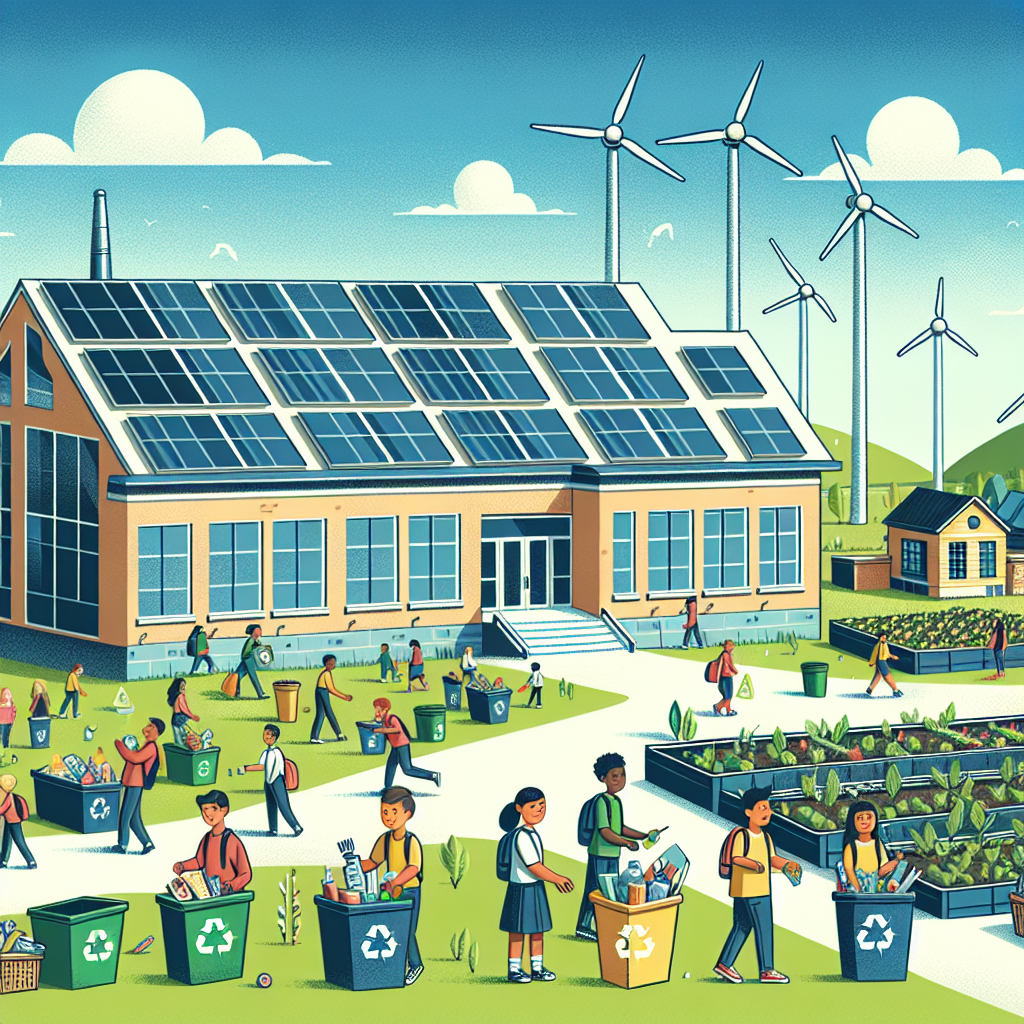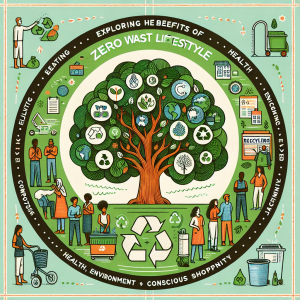The Psychology of Living Off-Grid: Solitude vs. Community
Living off-grid has become an increasingly popular lifestyle choice, driven by desires for sustainability, independence, and a minimalist lifestyle. The psychology behind living off-grid is deeply intertwined with human needs for solitude and community, two seemingly opposing forces that shape the experience of off-grid living. Understanding these psychological aspects can offer valuable insights into the motivations, challenges, and benefits associated with this alternative way of life.
One of the core psychological motivations for choosing an off-grid lifestyle is the desire for solitude. The hustle and bustle of modern life can be overwhelming, leading some individuals to seek refuge in the tranquility and peace that living off-grid can offer. Solitude allows for introspection, self-discovery, and mental clarity that is often elusive in urban environments. People who live off-grid often report experiencing a profound connection with nature, which can be incredibly therapeutic and conducive to mental well-being. This connection to the natural world can foster a sense of purpose and fulfillment that many find lacking in more conventional lifestyles.
The quest for solitude often involves a significant reduction in social interactions. While this can initially seem daunting, it can also lead to a deeper understanding of oneself. Many who embrace solitude report improved mental health, enhanced creativity, and increased problem-solving skills. They become more self-sufficient and resilient, qualities that are essential for thriving off-grid. However, it’s crucial to note that prolonged isolation can have negative psychological effects, such as loneliness and depression. Thus, finding a balance is key to maintaining well-being.
In contrast, human beings are inherently social creatures, which underscores the importance of community, even within an off-grid lifestyle. The desire for community aligns with our evolutionary need for social bonds, which contribute to our sense of belonging and emotional well-being. Off-grid communities offer a unique blend of independence and camaraderie, where individuals can maintain their privacy while still engaging in collective endeavors such as communal farming, shared resources, and group problem-solving. These communities often focus on cooperation and mutual support, which can lead to a robust social network and a reinforced sense of security.
The psychological benefits of living in an off-grid community are significant. Shared experiences and challenges create strong ties between members, fostering a sense of trust and reliance that is often absent in more traditional communities. Collaborative living can also alleviate the potential for loneliness that comes with solitude by providing opportunities for interaction and socialization. Moreover, being part of a community can enhance personal growth as individuals learn from one another, share skills, and offer emotional support.
Balancing solitude and community is a delicate act that requires intentionality and self-awareness. Those living off-grid must cultivate a lifestyle that allows for both personal space and community interaction. This balance is crucial, as an imbalance can lead to adverse effects such as social withdrawal, dissatisfaction with isolation, or the loss of individual autonomy in favor of group dynamics.
The trend toward living off-grid also reflects a broader societal shift towards valuing both personal and collective well-being. As our world becomes increasingly interconnected and technology-dependent, the off-grid movement represents a return to simple living, where both solitude and community are integral components. This lifestyle challenges traditional notions of success and happiness, advocating instead for a more integrated approach to living that values self-reliance, sustainability, and meaningful social connections.
To live successfully off-grid, individuals need to develop certain psychological traits and skills. Adaptability, resourcefulness, and resilience are essential, as living off-grid can present unpredictable challenges and require quick problem-solving. Emotional intelligence is also critical, facilitating effective communication and conflict resolution within a community. Additionally, a strong sense of self-discipline and motivation can help individuals pursue personal projects and contribute to community initiatives.
While the psychology of living off-grid may seem complex, at its core, it involves a deep understanding of human needs and desires. Both solitude and community play vital roles in our lives, shaping our identity and influencing our well-being. Those who choose an off-grid lifestyle do so for a variety of reasons, but ultimately, it is about finding a harmonious balance between independence and interdependence. In doing so, they redefine their relationship with the world, seeking fulfillment not in material possessions but in the richness of human experience and connection with nature.



